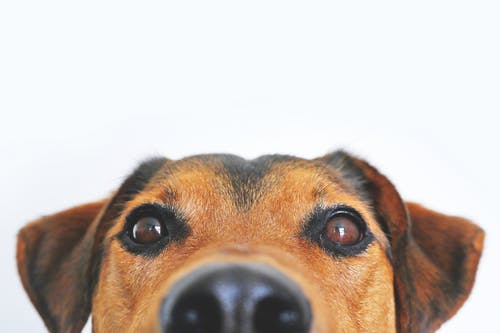According to veterinarians, vaccinations should be given to your pet regularly. The veterinarian will also perform a thorough health exam to help identify any potential health issues before they become serious. Because prevention is always preferable rather than cure, you and your pet must visit the veterinarian regularly.
Common Pet Diseases That Need Vaccination
We are subjected to a variety of vaccinations for various diseases. As a result, determining which vaccinations pets require and which are necessary but not mandatory is difficult. The following is a list of diseases vaccinations can help your pet avoid.
Bordetella Bronchiseptica
The highly infectious bacterium can cause severe coughing, whooping, seizures, vomiting, and death in some cases. Furthermore, these bacteria cause kennel cough. There are injection vaccines and nasal sprays available.
Kennel Cough
The inflammation of the airways in the upper part of the lungs causes kennel cough. Infectious tracheobronchitis is another name for it. The condition is usually mild, but it can cause severe dry coughing spells. However, it may become so severe that patients will gag, sneeze, and lose appetite. In rare cases, it could be fatal. Furthermore, it is easily transmitted between pets and easily spread throughout the kennels. You can click here to consult with a trusted veterinarian and learn if your pet needs further assistance.
Leptospirosis
Leptospirosis is a bacterial infection that is less severe than the other diseases listed. Therefore, certain pets may not show any symptoms. However, leptospirosis has been found in soil and water worldwide. Some of the symptoms include vomiting, fever and abdominal pain, diarrhea, and an inability to eat. Antibiotics can help, and the sooner they are administered, the more effective they are.
Rabies
Rabies is a fatal disease that can affect both animals and humans. Humans and pets can spread it through saliva and bites. Rabies in pets is characterized by aggression, excessive salivation, and unpredictable behavior. You can find out more information with regards to this kind of disease and what vaccination is needed.
The Importance Of Vaccination
Different diseases can have an impact on your pet’s health and well-being. Certain of these diseases have the potential to be fatal. As a result, the vaccine should be given safely. The vaccines are designed to boost pets’ immunity and protect them from infection.
Vaccine shots for pets are extremely safe, though there is a chance that your pet will show unusual reactions. They are, however, extremely rare. Many veterinarians have not reported any negative vaccination reactions.
When Should Your Pet Get A Vaccine Shot?
Vaccinations are required for small pets such as cats and dogs. They are between 6 and 9 weeks old at the same time. The third shot is necessary after two weeks. The animal should be at this age when the shot is given to be effective. The veterinarian will decide when to administer the second shot. On the other hand, the third shot will be determined by your pet’s age and breed. In case you need other services like a veterinary dog dentist you can visit this page.
In conclusion
Whatever pet you have, all animals require attention, care, and affection. These should be available daily. Vaccinations will only protect the pet from certain illnesses to a certain extent. However, it is not your only line of defense against disease. It is also critical to ensure that your pet has everything it needs to stay healthy. Each pet must have access to a safe place to live, food, and medical care.
